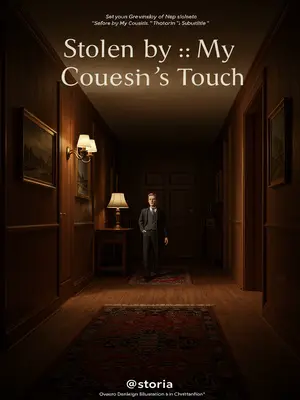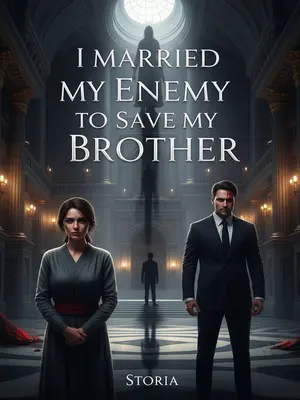Chapter 2: The Outsider
The year I moved into the Carter family with my mom, after she remarried, I went from a cherished kid to an awkward outsider in a suburb of Toledo.
I can still smell the overcooked lasagna in the Carter kitchen that first night, the way the tile floor felt too cold under my bare feet. Everything about the place screamed not mine. I used to be my mom’s whole world, tucked under her arm in our old two-bedroom apartment. Now, in the cookie-cutter suburbs outside Toledo, I became the extra piece that never quite fit the puzzle.
Sometimes I’d lie awake and replay the way Mom used to smile at me, all soft edges and warmth, before she started spending her evenings on the phone with my stepdad. His love was a door forever cracked, and Mason—he was a wall I couldn’t climb. I bent myself in knots trying to get a reaction out of him, but it was like shouting into an empty gymnasium.
It was the kind of loathing you keep hidden behind polite greetings, the kind that twists your stomach when you hear the garage door open. Even their laughter felt like a foreign language.
If they wouldn’t let me in, I’d kick down the door. I dug in my heels and made myself impossible to ignore—until I forced a marriage with Mason. People said it was reckless. I called it survival.
It’s the truth I never told anyone, not even myself. There was something about the way he kept himself apart, like he was guarding a secret. It drew me in, against all reason.
That first afternoon, sunlight poured through the bay window, hitting his hair like a halo. He sat with his knees drawn up, not looking at anyone, completely absorbed in the spiral pattern on the throw pillow. He reminded me of the fragile porcelain dolls Grandma used to collect, the ones you could never touch with sticky fingers. Beautiful, untouchable, breakable.
Mornings became my private ritual—brushing his hair, folding his shirts, lining up his sneakers by the door. I’d slip a mug of coffee into his hands and watch him watch the steam curl away, never meeting my eyes. Sometimes I wished I could spoon-feed him breakfast, just to have another excuse to hover close.
But when night came, everything changed. It was as if I’d earned the right to claim him, as if he were some ribbon I’d won at the county fair. I’d run my hands through his hair, selfish and greedy, daring him to push back. Every touch was a test: would he break, or would I?













